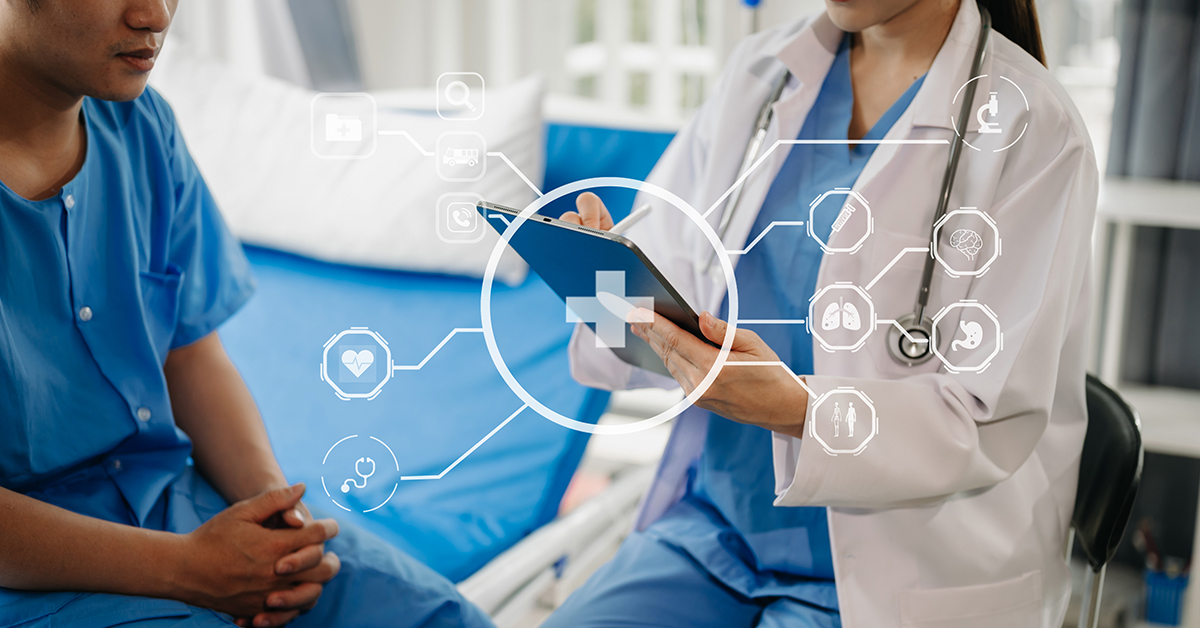
Pursuing an MBBS degree abroad is an exciting and transformative journey for aspiring doctors. This is because of great exposure to diverse healthcare systems, educational methodologies, and international exposure. However, one crucial aspect of medical education remains universally important, regardless of where a student is pursuing their degree—clinical rotations.
Being a medical student, it is important to practice clinical rotations. But what exactly does it mean? In this feature, let us uncover the meaning and the true importance of clinical rotations.
In layman's language, clinical rotations refer to medical students practicing medicine under expert guidance for practical and hands-on learning experiences during their medical studies. Clinical rotations are essentially part of medical training as they allow students to garner and apply classroom knowledge to real-life settings.
It is the final phase of medical education and helps students to gain hands-on experience in a clinical setting, which is also instrumental in shaping the future of aspiring doctors. It also equips students with the confidence and competence required to make a successful transition from a student to a doctor.
Medical students spend days and years immersed in textbooks, lectures, and laboratories, where they learn intricate details of human anatomy, physiology, pathology, etc. However, understanding the theoretical concepts is one part of the equation. True learning begins when a student steps into a clinical environment, applies their knowledge, and makes decisions that impact real patients.
Clinical rotations help students to bridge the gap between classroom learning and practical application. Whether it’s taking patient histories, performing physical exams, or practicing in surgeries, these experiences provide students with the opportunity to refine their skills and build confidence in a supervised environment.
One of the foremost advantages of studying MBBS abroad is the opportunity to explore diverse medical healthcare systems. Different regions of the world face several unique problems and health challenges.
During clinical studies abroad, students are exposed to a broad spectrum of diseases and medical cases that they may not encounter in their home country. This exposure not only broadens their medical understanding but also prepares them to work in diverse medical environments. Understanding global health challenges and various treatment modalities can make them more adaptable, competent, and resourceful doctors.
Medical knowledge and technical expertise are crucial, but clinical rotations are also the time for developing essential soft skills that every good doctor needs. Compassion, communication, empathy, teamwork, and decision-making are as important as technical skills in providing high-quality patient care. Clinical rotations put students in direct contact with patients and healthcare professionals, allowing them to cultivate these attributes.
It refers to the attitude or manner that a doctor takes with a patient. Interacting with patients and their families during the clinical rotation is pivotal in developing a compassionate and empathetic bedside manner. This includes actively listening to patients, showing empathy, and effectively communicating medical information in a way that patients can understand and feel supported. These interactions are critical for building trust and rapport, which are essential for providing comprehensive and patient-centered care.
Effective communication and the ability to connect with patients on a personal level are skills that are honed during these interactions, and they are integral in providing holistic patient care. This involves not only addressing the patient's physical needs but also considering their emotional and psychological well-being. Developing a compassionate bedside manner through genuine care and understanding contributes to a positive patient experience and can have a significant impact on overall health outcomes.
Clinical rotations play a crucial role in shaping the development of students' clinical judgment and critical thinking skills. During these rotations, students gain hands-on experience in assessing patients, identifying potential health issues, and devising appropriate treatment plans.
This practical exposure not only enhances their medical knowledge but also hones their ability to collaborate effectively with multidisciplinary healthcare teams, a vital aspect of modern healthcare delivery. Overall, clinical rotations serve as a fertile ground for students to cultivate essential skills and competencies required for their future roles as healthcare professionals.
Clinical rotations serve as a fundamental component of medical education, providing students with an immersive and invaluable learning experience within actual clinical settings. Through these rotations, students have the opportunity to hone their practical skills, gain exposure to a wide array of medical specialties, and develop essential attributes such as clinical judgment, critical thinking, and empathy. This hands-on experience not only solidifies their understanding of medical concepts but also nurtures the professional and interpersonal skills crucial for their future roles as healthcare professionals. Overall, clinical rotations play a pivotal role in shaping well-rounded and competent medical practitioners, laying a robust foundation for their future success.